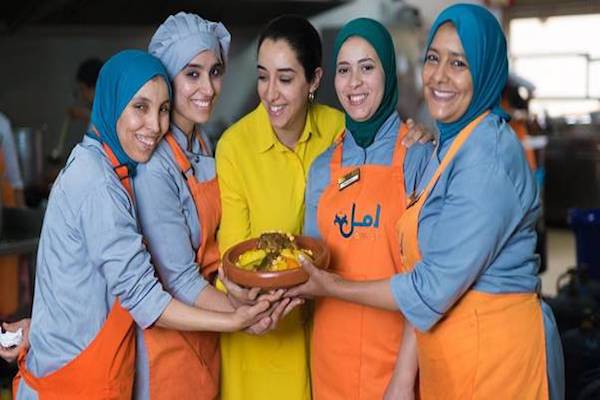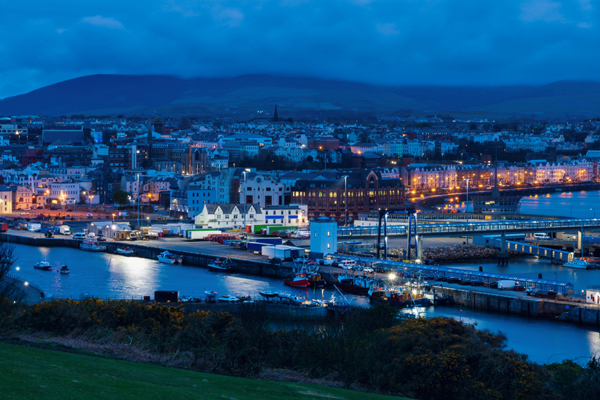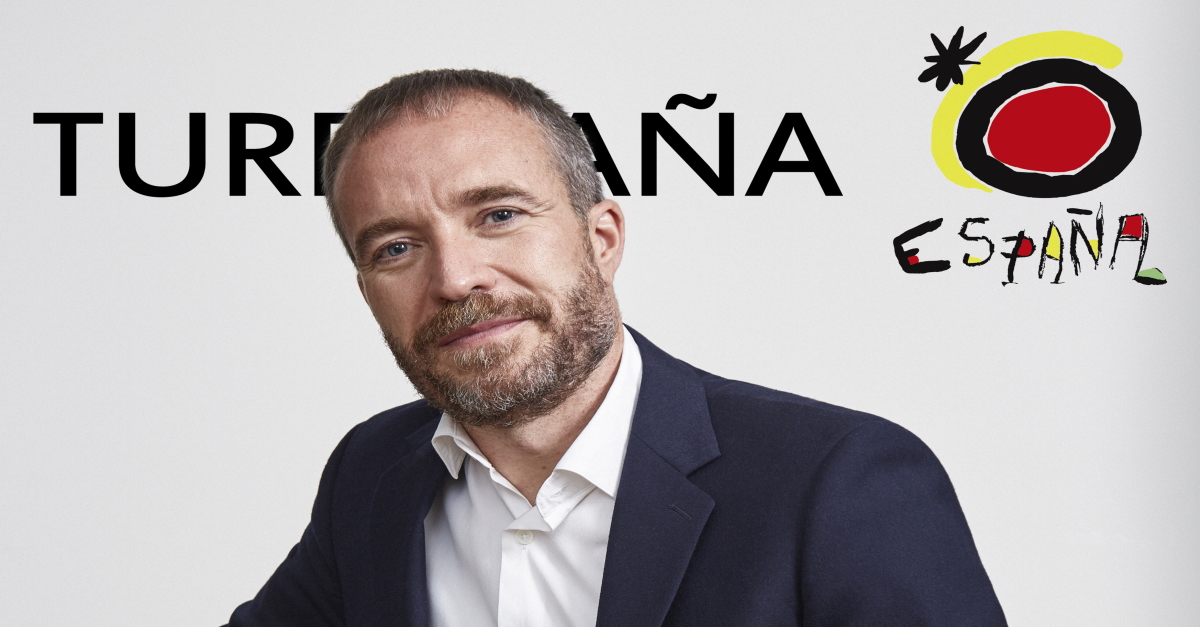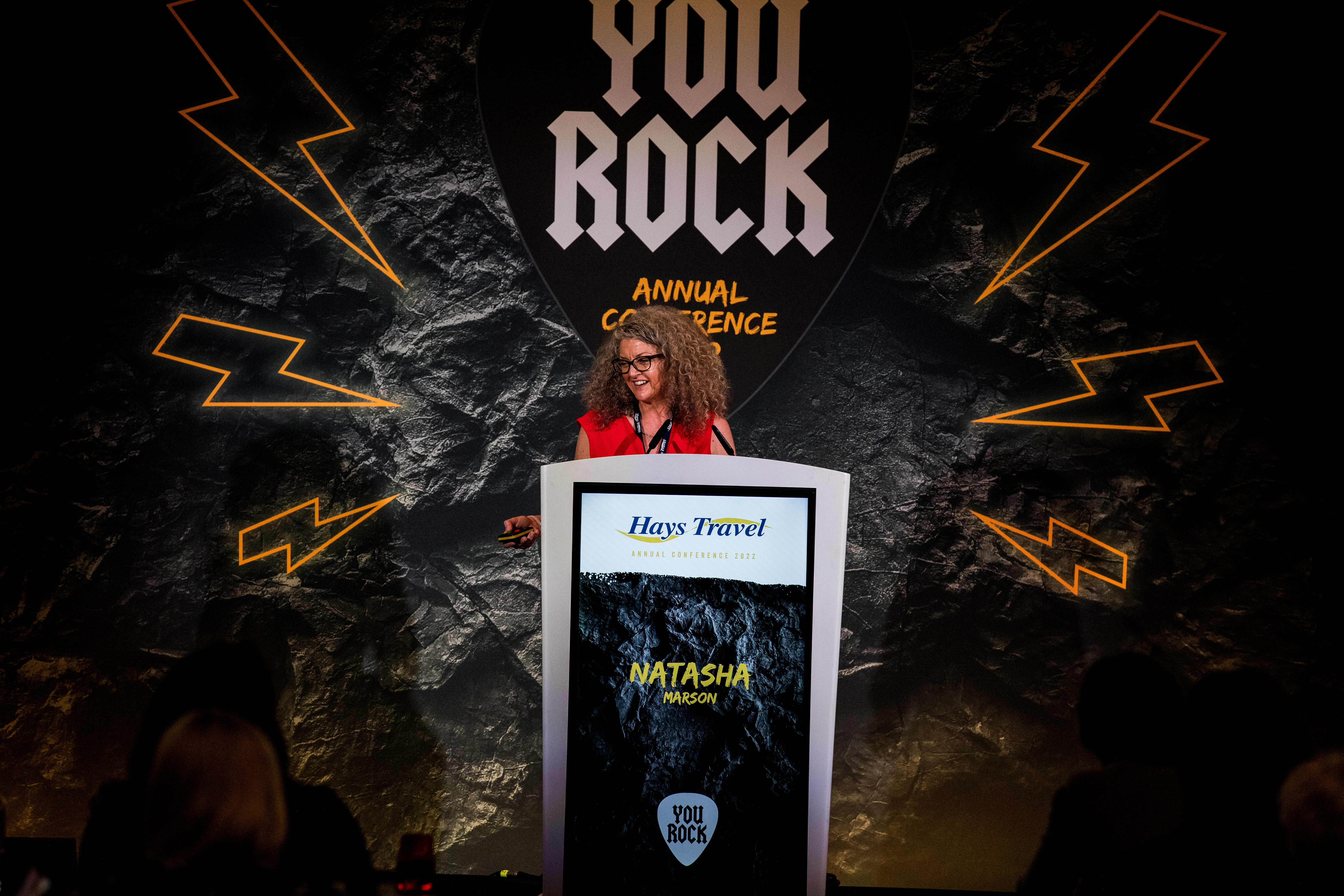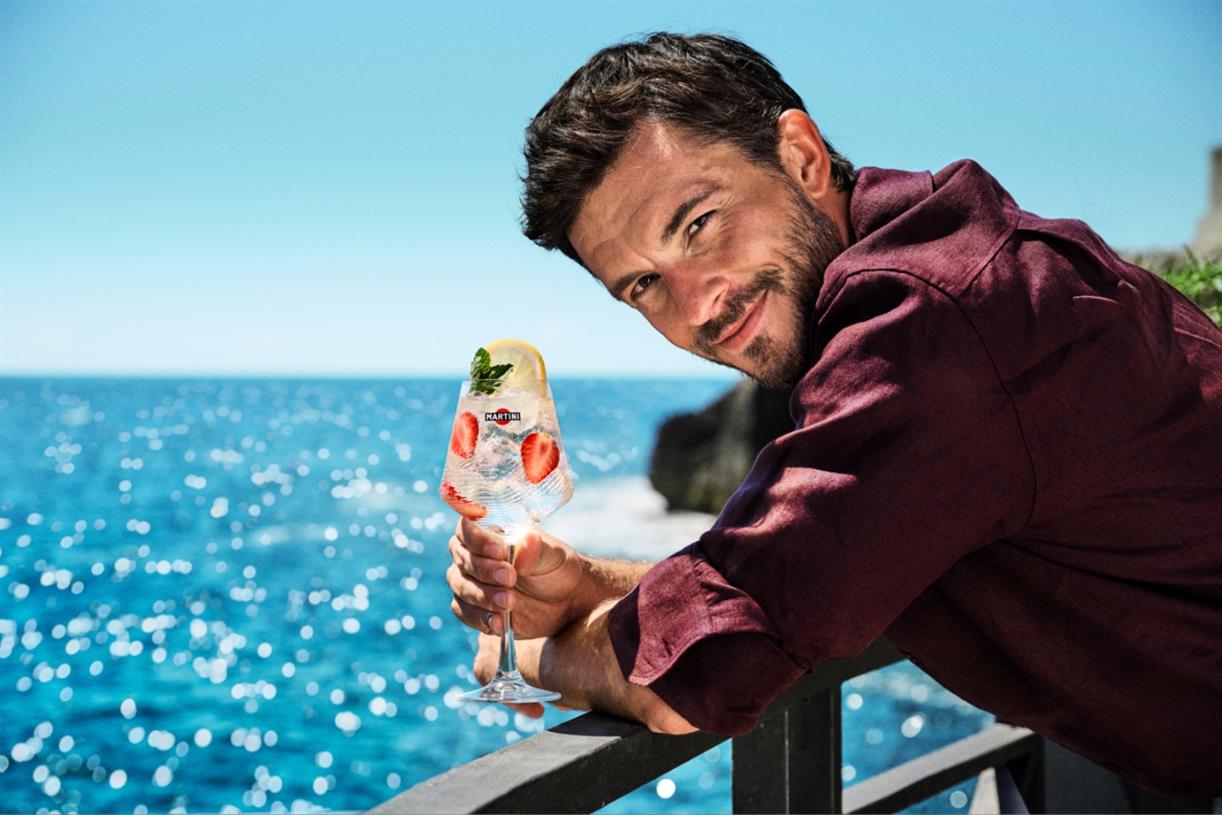Top 10 regenerative experiences in Brazil
Sustainable practices play a fundamental role in society by establishing a synergistic balance between modern lifestyle and the preservation and maintenance of natural resources. The luxury hospitality industry is not left behind... The post Top 10 regenerative experiences in...
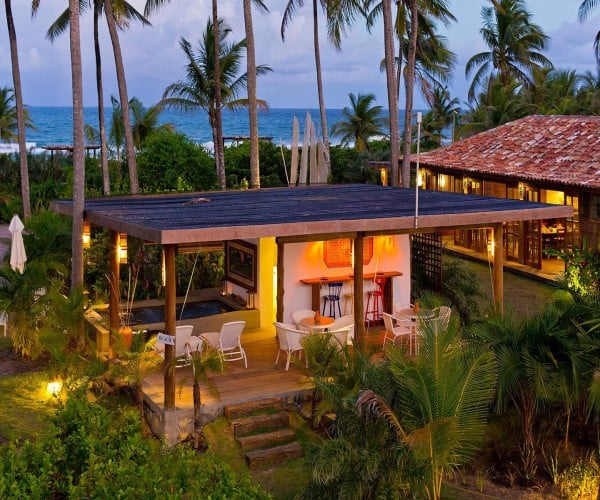
Sustainable practices play a fundamental role in society by establishing a synergistic balance between modern lifestyle and the preservation and maintenance of natural resources. The luxury hospitality industry is not left behind: aligned with the pillars of ESG (Environmental, Social and Governance), the experiences provided to guests incorporate practices committed to the preservation of the environment and biodiversity through actions involving employees and the local community.
Check out below the top 10 innovative hotels and lodges that transcend conventional boundaries with accommodation experiences that reaffirm their commitment to well-being and respect for nature and regional cultures.
Anavilhanas Jungle Lodge – North Region, AM, Novo Airão
Immersed in the heart of the Amazon rainforest, Anavilhanas Jungle Lodge encourages guests to participate in a community-based travel experience to explore the daily life of riverside communities that live off fishing, agriculture, and handicrafts. The hotel has a remarkable involvement with the local population by contributing to the renovation of a school, monitoring the school program, and implementing solar energy and healthy meals. In addition, it transforms 100% of the organic waste from its kitchen and bars into compost to promote organic and regenerative agriculture in the region. The idea is to offer farm-to-table food to guests and the community.
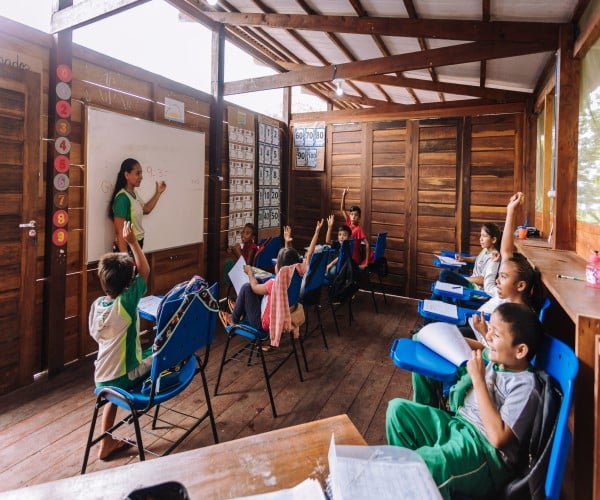
Barracuda Group – Northeast Region, BA, Itacaré
Located on the sunny beach of Itacaré (Bahia) since 2013, Barracuda is an ideal destination for those seeking peace and comfort. The “Rumo ao Lixo Zero” (Towards Zero Waste) project is a daily practice committed to regenerating natural resources on the property. It also encourages the elimination of plastic through the adoption of bamboo or stainless steel straws, paper bags, and glass or ceramic bottles and jugs. The hotel has its own water purification system, solar panels for shower heating, and LED lights. It has its own line of refillable vegan amenities and encourages guests to reuse towels and linens. When it comes to dining, the hotel emphasizes local ingredients from small rural producers, as well as fish and seafood from the fishing community of Itacaré.
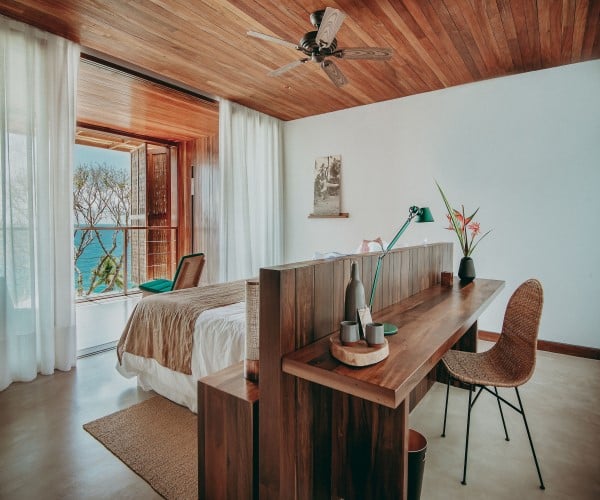
Casa dos Arandis – Northeast Region, BA, Peninsula do Maraú
Located 100 km (62 miles) north of the city of Ilhéus, in Maraú, Bahia, Casa dos Arandis implements a variety of sustainable practices. One of them is the “Povos da Mata” (Forest People) initiative, awarded by the Banco do Brasil Foundation as the Best Agroecology Association in Brazil in 2018, which consists of 750 native families from different ethnicities dedicated to growing organic food. The hotel has also reduced the use of plastic bottles by providing filtered water in glass bottles for almost ten years. Embracing solar energy, the property has become a carbon-neutral company and has a treatment system to improve the pH and alkalinity of the consumed water. With the “Vila Circular” (Circular Village) project, focused on sustainable waste management, the hotel cultivates its own organic vegetable garden. These actions have earned the hotel the Condé Nast Awards of Best for Green Practices and Sustainability in 2022 and 2023. Engaged in the “Coração de Tartaruga” (Turtle Heart) project, Casa dos Arandis works towards protecting turtle hatchlings along the more than 40 km (25 miles) of the Maraú Peninsula coastline. Guests are invited to witness and participate in the activity by bringing newborn turtles to the beach.

Txai Resort – Northeast Region, BA, Itacaré
Also in Itacaré, southern Bahia, Txai Resort Itacaré has become an oasis in the midst of nature and a benchmark in sustainable hospitality. The resort has various ESG projects to protect the environment and biodiversity and promote socioeconomic development in the region. Instituto Companheiros do Txai (ICT) was created 21 years ago with the goal of helping protect wildlife on the Costa do Cacau (Cocoa Coast), working directly with local families, creating jobs, and providing better living conditions. In terms of marine life, it runs the Txaitarugas initiative to ensure the protection of sea turtles and involves guests and the community.
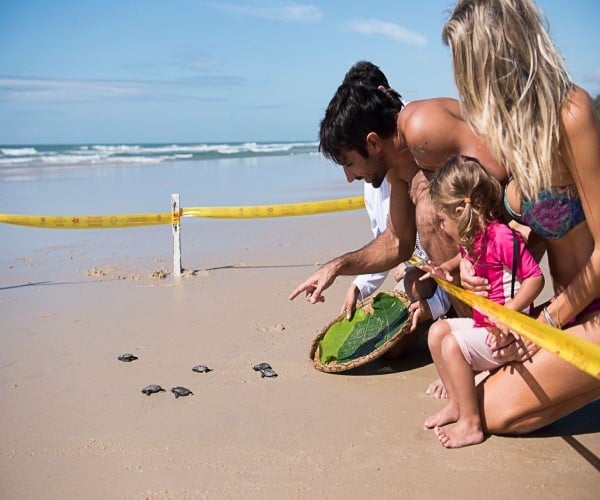
Caiman, Pantanal – Center-West Region, MS, Pantanal
Located in Mato Grosso do Sul and occupying 53,000 hectares (131,000 acres), Caiman has a mission to protect the Pantanal’s wildlife and culture. Guests are invited to gain a firsthand understanding of that purpose. They can go on observation safaris to spot over 500 species of animals that live freely in the ecological refuge and can rest assured that their habitat is protected. They can also take tours designed by innovative local conservation projects, such as Onçafari (for jaguars) and Instituto Arara Azul (for hyacinth macaws), which recognize Caiman as an ideal setting for their studies and research. Sustainable actions take place daily on this authentic Pantanal farm, such as the use of composters and a technology known as a banana circle, which treats kitchen water from the employees’ village.
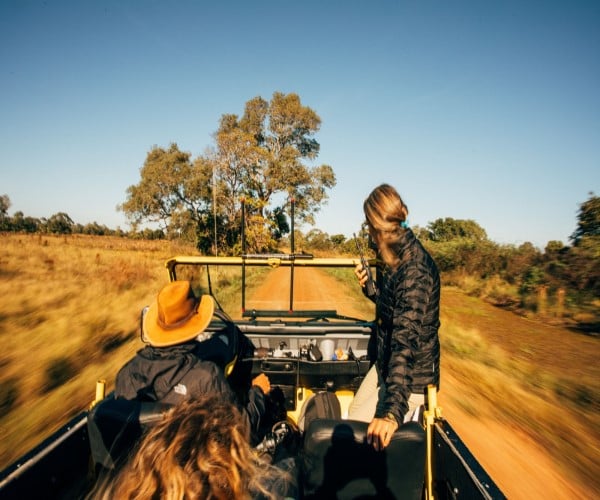
Botanique Hotel & Spa – Southeast Region, SP, Campos do Jordão
Located in the heart of the Serra da Mantiqueira, in Campos do Jordão, on 283 hectares (699 acres) of lush Atlantic forest, Botanique Hotel Spa has sustainability in its DNA. All experiences offered to guests propose a reconnection with nature and the context in which the property is inserted. One of the most interactive activities takes place at The Lab, a space dedicated to dehydrating produce from the hotel’s own garden. The activity is open to the public in the form of a workshop, where participants learn to make bath salts, exfoliants, moisturizers, and massage pouches. It is worth noting that everything is grown without the use of pesticides or agrochemicals in order to preserve the fauna and diversity of insects that are essential to the ecosystem.
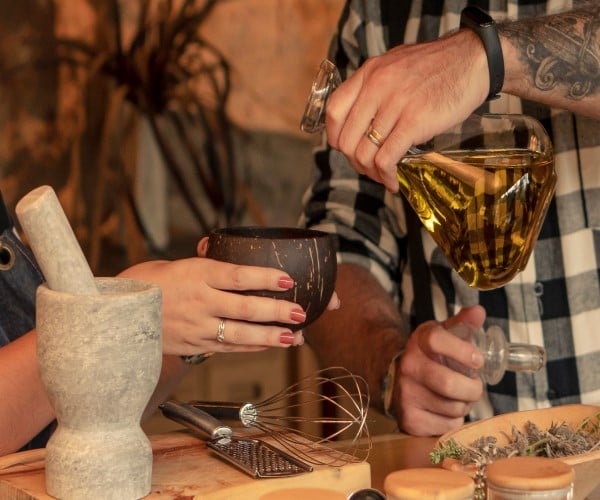
Ibiti Projeto – Southeast Region, MG, Conceição do Ibitipoca
In the Serra da Mantiqueira, in the town of Conceição do Ibitipoca, Minas Gerais, Ibiti Projeto is an area for reforestation, natural regeneration, and repopulation of native fauna. During the tours, guests immerse themselves in recovering forests and learn about programs for reintroducing wild species, such as tapirs and rheas. They can also witness the monitoring of pumas and visit the Muriqui House. The property also features a warehouse for storing recyclable materials and transforming glass bottles into cups. Composting is done through compost heaps and composters. In order to reduce waste, no plastic or packaging is used in the rooms.
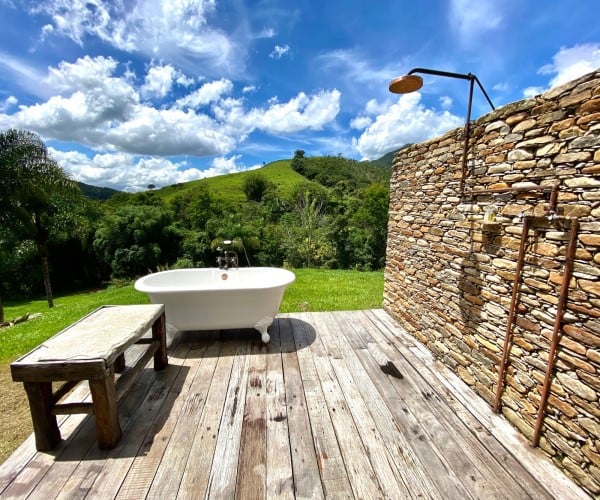
Janeiro Hotel – Southeast Region, RJ, Rio de Janeiro
Opened in 2018 on Leblon Beach in Rio de Janeiro, Janeiro Hotel aims to offer experiences under the concept of “new luxury”, which involves practices and services aligned with design, ethics, and aesthetics through the implementation of sustainable actions. With the ASAP (As Sustainable As Possible) project, the hotel uses materials with a lower environmental impact, such as reusable glass bottles, laser-printed wood communications, and 100% compostable take-away packaging. Metal bottle caps are delivered to the Ecotampas project for reuse, and bags are made from old fishing nets to promote the social inclusion of fishermen, while a cooperative of seamstresses produces hairdryer bags and fabric labels for all the rooms.
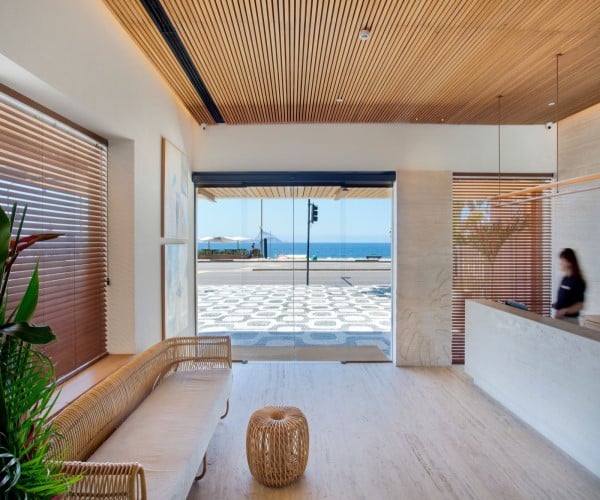
Ronco do Bugio – Southeast Region, SP, Piedade
Surrounded by the Atlantic Forest, in the town of Piedade, São Paulo, Ronco do Bugio produces 100% of its energy from solar panels. The buildings do not interfere with the native vegetation and were mostly erected using recycled materials from other buildings. In addition to using natural cleaning products, laundry detergents, and repellents, the water is treated before being returned to the environment without contaminants. The employees’ uniforms are made from organic cotton and natural dyes. All the waste produced is properly disposed of: organic material becomes compost and returns to nature, while recyclable waste is sent to the Mato Limpo NGO.
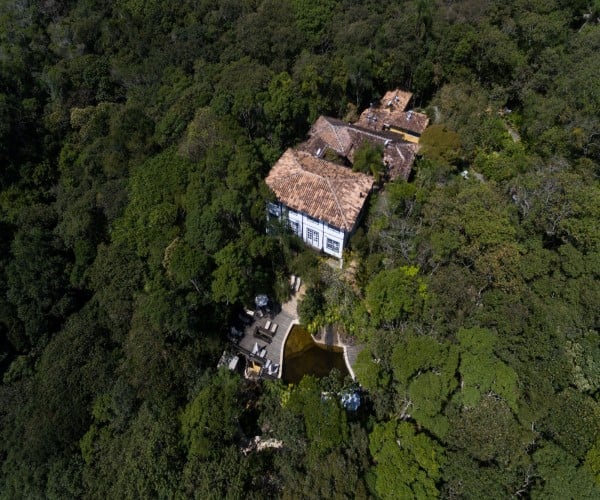
Ponta dos Ganchos Exclusive Resort – South Region, SC, Governador Celso Ramos
Located north of Florianópolis, Santa Catarina, Ponta dos Ganchos Exclusive Resort is situated on a peninsula with clear, emerald waters on the Costa Esmeralda. The hotel recycles 100% of its waste, and water from the sewage plant is reused for gardening. Rainwater is used for car washing, on the property’s streets, and in the laundry. Organic waste undergoes a composting process and transforms into fertilizer for the garden, where fresh ingredients and seasonal herbs are harvested. Its 25 bungalows were designed sustainably with cross ventilation, solar panels, green roofs, and reforested wood. In addition, the hotel is leading a reforestation campaign in the surrounding area, with over 10,000 native tree seedlings planted.
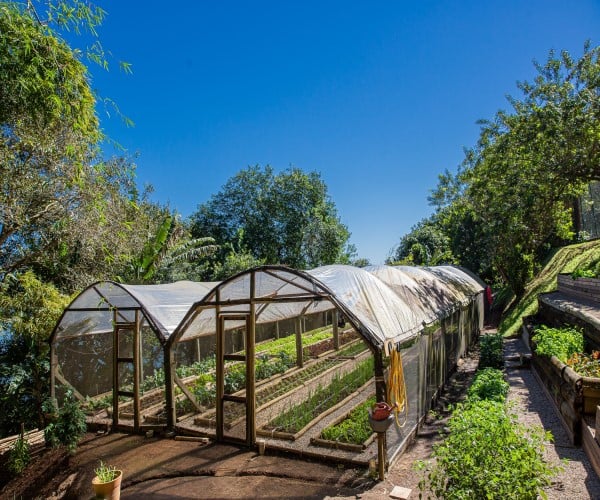
Simone Scorsato is Executive Director of Brazilian Luxury Travel Association. BLTA’s main objective is to promote and strengthen Brazil as a travel destination to the global luxury market.
If you would like to be a guest blogger on A Luxury Travel Blog in order to raise your profile, please contact us.

 JaneWalter
JaneWalter 







